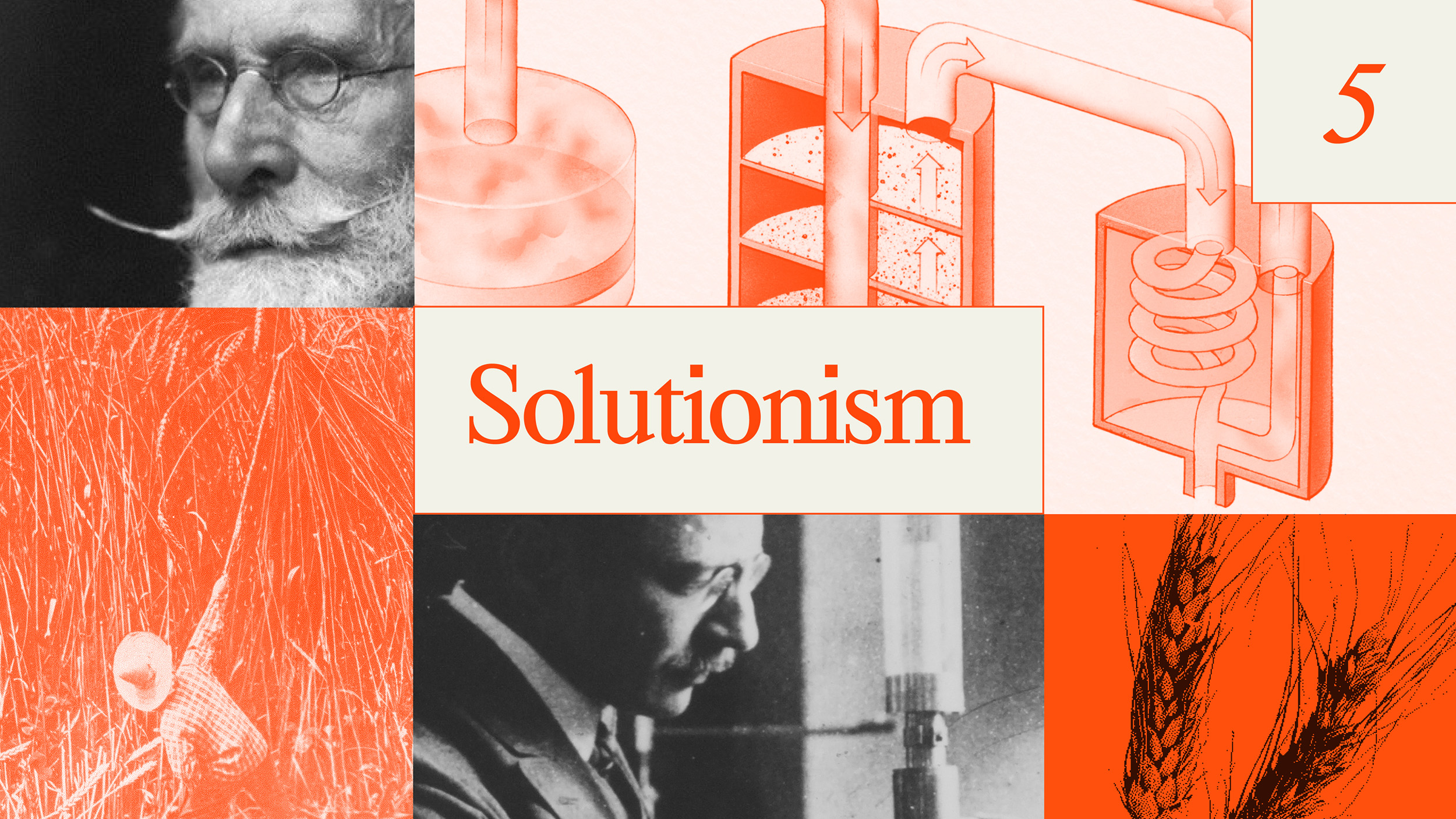Can We Please Have Less Salt With Our Soil?

Salinity has plagued agriculture since humans stopped hunting and gathering and started growing their own crops. Salty soil, coupled with over-irrigation, helped turn the Fertile Crescent into a modern-day desert, and salinity continues to bedevil farmers today.
Some plants are more salt-tolerant than others, so scientists are trying to devise a way to bolster the defenses of staple crops like corn and wheat against the rising salinity levels in soil.
Australian researcher Mark Tester is leading a team that is genetically modifying crops to isolate salt in non-crucial parts of the plant and keep it out of the shoots and leaves. The genes that Tester’s team are modifying control the xylem, a plant’s water distribution pipeline.
Plants’ natural defenses already restrict some sodium ions and prevent their passage to the leaves. The team’s work strengthens the system by adding more “sodium transporters” inside the xylem.
Tester plans to broaden his basic experiments and try these modifications on rice and wheat. Of course, having the phrase “genetically-modified” attached to this project means it won’t be easy for it to gain widespread acceptance.
It would be a better solution, certainly, to stop the increase in soil salinity, because these sorts of environmental changes often have wildly unforeseen consequences even if a plan to bolster plant defenses through genetic manipulation succeeds.
However, if the looming water crisis is as dire as some experts say, we might not have the opportunity to be so picky.




